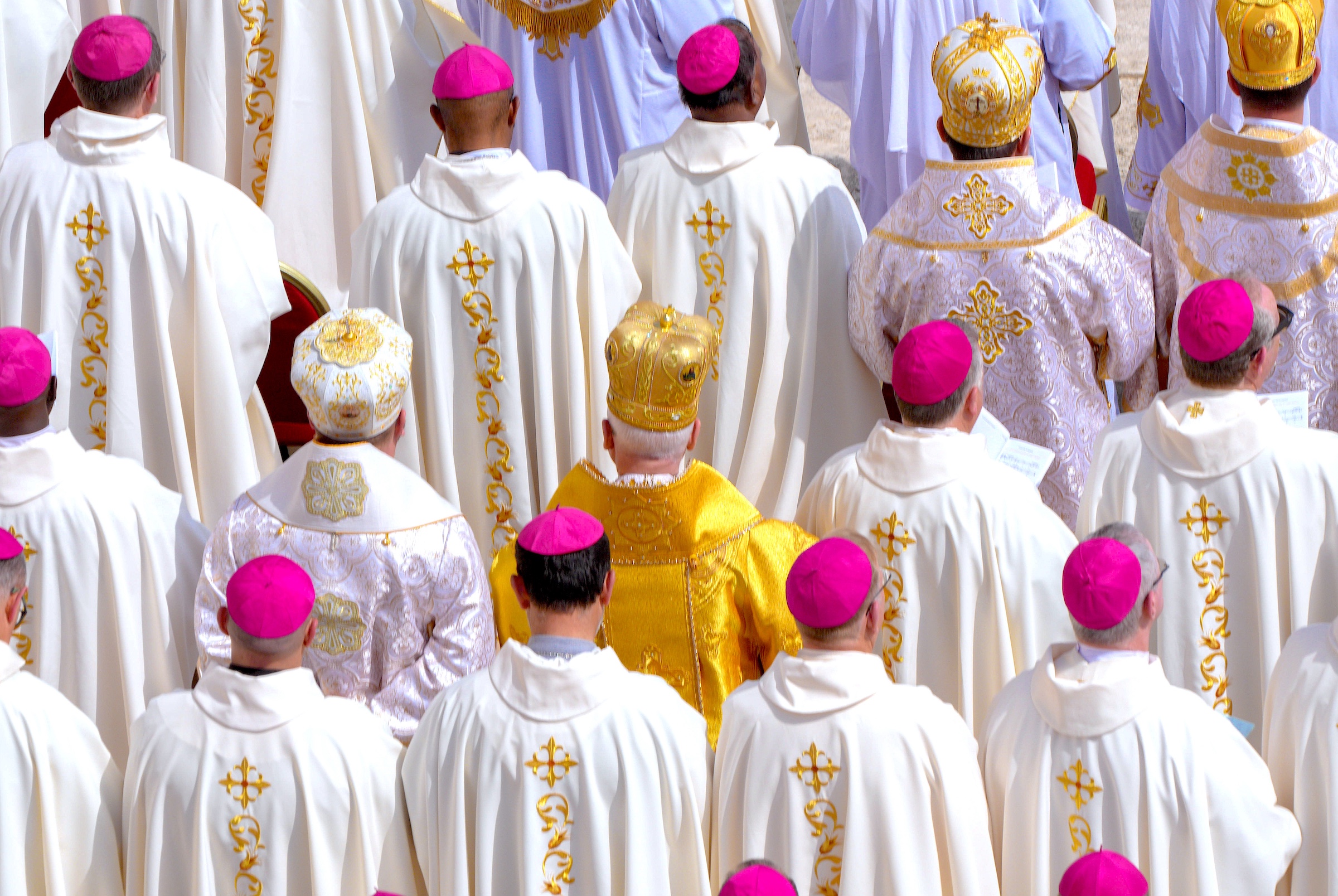The Vatican is under fire again for alleged money laundering, according to a story by Politico’s Ben Munster published on Monday.
What Happened
- Ex–Vatican auditor Libero Milone alleges the Vatican’s payroll agency (APSA) could edit SWIFT payment data after transmission (names/IBANs), enabling hidden recipients and potential money laundering.
- The Vatican denies the claim; a SWIFT source says such edits are technically impossible once messages are sent.
- Milone says Cardinal George Pell asked him to investigate in 2016; he cites a document but has not released full evidence.
- Context: ongoing reputational repair under Pope Leo XIV, recent profits at IOR/APSA, and a history of scandals (incl. Cardinal Becciu’s 2023 conviction).
Who Was Involved
- Libero Milone (former Vatican auditor; ex-Deloitte).
- APSA (Vatican payroll/asset manager); ASIF (Vatican watchdog).
- Cardinal George Pell (now deceased) who raised concerns in 2016.
- Cardinal Giovanni Angelo Becciu (convicted 2023).
- Pope Leo XIV (current) and Pope Francis (appointed Milone in 2015).
- SWIFT (payments network) and media actors (The Pillar, POLITICO).
Why It’s Important for AML/Risk Compliance at Financial Institutions
- If true, it would undermine reliance on SWIFT message integrity—a core control for sanctions/AML screening and payment reconciliation.
- Raises counterparty and reputational risk for transactions involving Vatican entities or affiliates; could imply historic or ongoing data obfuscation.
- Practical implications for FIs:
- Apply/refresh EDD on Vatican-related originators/beneficiaries; scrutinize any post-payment change requests, cancellations/replacements, or name/IBAN mismatches between advices and bank statements.
- Require bank-to-bank confirmations (RFI/MT199-style inquiries) when details look inconsistent; document rationale.
- Heighten adverse-media monitoring and consider SAR/STR where warranted by patterns or unexplained edits.
- Reaffirm internal assumptions that post-send SWIFT edits should not occur; escalate any vendor/ops claims suggesting otherwise.
What’s Next
- Expect pressure for evidence from Milone and possible forensic reviews by Vatican bodies (ASIF), external auditors, or European watchdogs (e.g., Moneyval).
- Further statements from the Vatican/SWIFT may clarify technical feasibility and audit findings.
- If credible proof emerges, potential outcomes include banking de-risking against Vatican counterparties, international scrutiny/blacklisting risks, and new controls around payments touching Vatican institutions.

